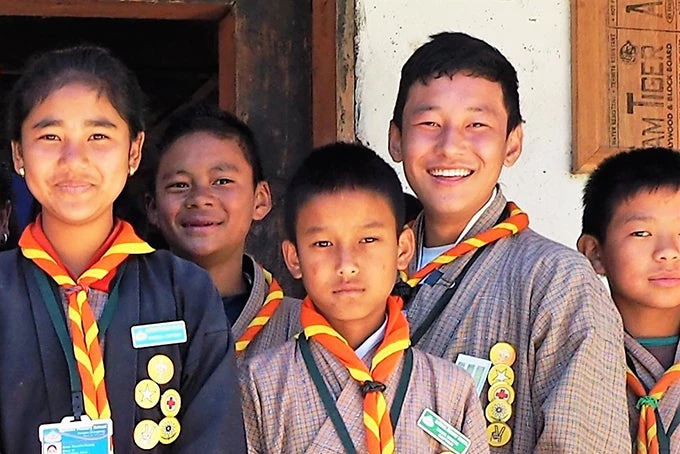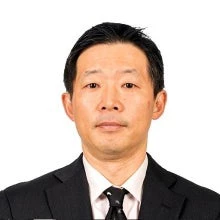
Will diversifying its economy help Bhutan address its youth unemployment, let alone its macroeconomic volatility and vulnerability?
With the right approach, yes.
And to that end, the latest World Bank Bhutan Development Report: A Path to Inclusive and Sustainable Development proposes solutions relevant to Bhutan’s context.
For more than ten years, developing the private sector through greater economic diversification has been Bhutan’s top policy as described in the 10th and 11th five-year plans.
Yet, youth unemployment, especially for educated Bhutanese, has remained high: 67 percent of bachelor’s degrees holders were jobless in 2016.
Diversifying the economy is touted as a standard prescription to cure such development ailments as joblessness, low productivity, and macroeconomic volatility.
However, international experience shows that this prescription does not always work.
Case in point: A World Bank’s analysis Diversified Development concludes that in resource-rich countries, investing in physical capital, human capital and economic institution are the best ways to sustain growth in the private sector.
Further to that, the development of specific sectors, which is often a common ingredient of diversification strategies in certain countries, is neither necessary nor sufficient for private-sector-led growth.
The main driver of Bhutan’s high growth and poverty reduction, hydropower has led the country’s development and will remain the backbone of its economy.
However, Bhutan needs to do a better job at diversifying its economy by improving its physical and human capital by using resource rents from hydropower.
Bhutan ranks 149 out of 160 countries on the 2018 Logistics Performance Index and 121 out of 176 countries on the 2017 ICT index.
Bhutan falls in the bottom half of the Human Capital Project rankings on critical indicators such as expected years of schooling.
While surprising, these numbers are no news to Bhutan’s business community.
The 2017 Investment Climate Assessment (ICA) of Bhutan identified access to skilled labor and access to markets as some of the key binding constraints to private sector development.
Regarding economic institutions, and despite the government’s increased focus on developing the private sector, state-owned enterprises (SOEs) remain dominant in viable commercial sectors.
Though declining, the total assets of the SOEs exceed 150 percent of the size of the economy and constrain the development of the private sector.
Demographic projections suggest that Bhutan needs to urgently improve its physical and human capital as well as its economic institutions , particularly those that manage resource rents, provide public services and regulate the business environment.
In the next few years, about 8,000 people will join the labor market each year—that’s four times the total employment in the financial sector, and well beyond the absorption capacity of the public sector.
And Bhutan’s working age population is set to increase until the 2020s.
This is both a challenge and an opportunity.
True, an increase in working age population can boost growth.
But this positive scenario is contingent upon the job opportunities that new entrants can find on the labor market.
The good news is that Bhutan is well-equipped to address its deficiencies in physical capital, human capital and improve its economic institutions.
First, Bhutan has strong governance and stability.
Bhutan ranks 26 out of 180 countries in the 2017 Corruption Perception Index and 19 among 163 countries in the 2018 Global Peace Index.
Second, with the completion of mega hydropower projects such as Punatsangchhu I and II, Bhutan’s hydropower generation capacity will soon triple and provide the necessary resources to invest in physical and human capital.
With that in mind, improvements in the health and education systems will be vital to address the emerging challenges.
On physical capital, improvements will be needed in road and air connectivity along with ICT investments.
On institutional development, the government needs to focus on addressing state dominance


Join the Conversation